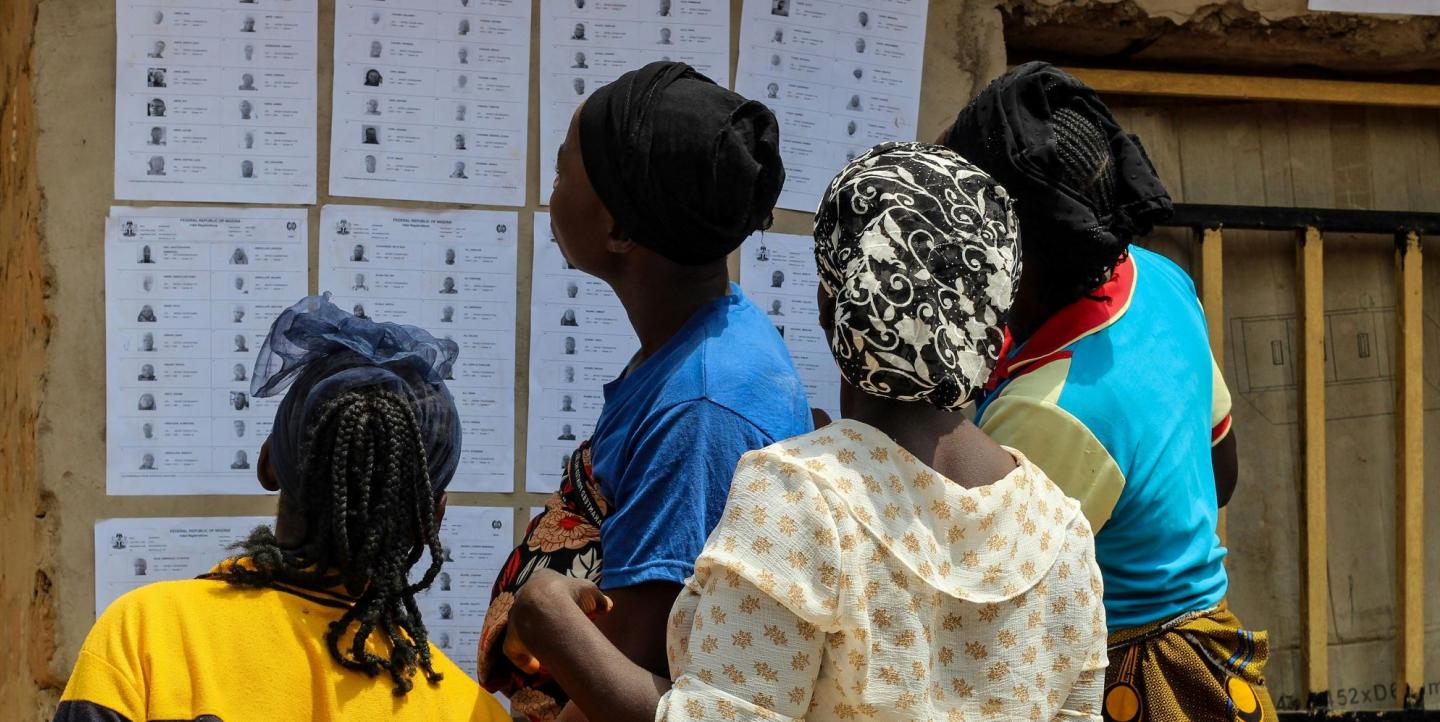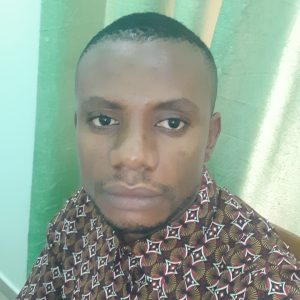Elections in West Africa since 2020 have resulted in peaceful democratic transitions in countries such as Liberia, Nigeria and Senegal, amid coups d’état elsewhere in the region, in Burkina Faso, Guinea, Mali and Niger.
Violence, ballot box snatching, mis- and disinformation, vote buying, voter apathy and voter suppression have marked many of the region’s elections. In many of the countries, journalists have been attacked and pressured to favor a particular political party or candidate in their coverage.
Before the end of the year, three important elections are set to take place in Ghana, Guinea and Guinea-Bissau. Here are some tips for journalists as they embark on their coverage:
Be apolitical
Many media outlets in West Africa are owned by politicians and push partisan content. Journalists should strive not to allow media ownership to influence their coverage, and detach their own political sentiments or personal biases from their reporting. Every report filed before, during and after an election should remain neutral, devoid of support to a particular party or candidate.
“Your job is to report the facts, not to support or undermine any candidate,” advised Ridwan Dini-Osman, a Ghanaian journalist who covered the 2016 and 2020 presidential elections in his country.
Beninese journalist Loukoumane Worou Tchehou cautioned that journalists should steer clear of aligning with political actors and “avoid waging political war by proxy” in their election coverage, referring to the practice of aiding a given political candidate through smear campaigns on their opponent.
It’s best to stick to reporting the facts. “No matter what’s going on around you, always come back to the facts. Focus on verified information like official results, statements and policies,” said Dini-Osman. Include a diversity of perspectives in your reporting, too, he continued. “It’s important to cover all sides of the story. If you’re quoting one candidate, make sure to include what their opponent is saying. Even if a side is controversial, their voice still needs to be heard to give a full picture.”
Know your rights, and the rules
Journalists should familiarize themselves with their legal rights by reading what’s stipulated in their country’s constitution and electoral code, advised Mayowa Oladeji, a reporter at Ripples Nigeria who has covered presidential and state government elections in Nigeria. Knowing these rules before election day will help avoid future issues that could impede reporting.
Journalists should also check for information from bodies that oversee elections on accreditation ahead of election day. For instance, the Ghana Journalists Association and the Electoral Commission of Ghana announced an application period with instructions for media outlets to obtain accreditation to cover the upcoming December election.
Fact-check all information
To avoid spreading misinformation that can inflame tensions during an election, journalists should take extra care to ensure the authenticity of statements, photos, videos and statistics used in their articles. Even when under pressure from an editor to meet a deadline, verifying information and quotes is imperative.
Reporters in West Africa can visit the websites of organizations such as Africa Check, PesaCheck, FactCheckHub and Dubawa for fact checks of sensitive stories that can help guide them if they’re working on similar reporting.
Journalists should also avoid amplifying what other outlets have published without ensuring the information is correct — including whether the sources quoted in the reporting are legitimate.
Capture critical moments
Journalists have a unique ability to document key moments of an election first-hand. “Journalists should capture all the ‘drama’ they see on election day,” said Kwetey Nartey, a journalist at JoyNews in Ghana, who has covered five elections in the country dating back to 2008.
Reporters should interview political candidates and voters, and when possible visually document political candidates, electoral officials, election materials, and voters. Report on conflicts that arise between authorities or security officials and voters as well as any disruptions or acts of electoral malpractice such as manipulation of voter registration, multiple thumb-printing, and falsification of results.
Journalists should report on the official counting of votes at polling stations to help ensure the authenticity of official election results. Some reporters even go live on their personal social media channels or those of their media outlets to provide viewers with real-time accounts of what is happening at the polling station they are reporting from.
Prioritize safety
Journalists must always prioritize their own security. Past elections in Nigeria and Ghana, for example, have been plagued by violence at polling stations, which has resulted in deaths and injuries.
In Nigeria, nearly 20 journalists and media outlets were attacked during its election last year, and in 2020 Ghanaian journalists were shot at and attacked while covering the country's election. In this environment, having a safety net is key. “Journalists need to work with colleagues and local guides to stay safe,” Oladeji said.
Newsrooms should have the contacts of the police and the electoral body of their various countries in order to help their reporters when they get into trouble. Organizations such as Media Foundation for West Africa and West Africa Journalists Association can also provide support to journalists in the region.
Importantly, added Dini-Osman: “Always have an exit strategy in case things get out of hand.”
Photo by Fatima Yusuf via Pexels.


